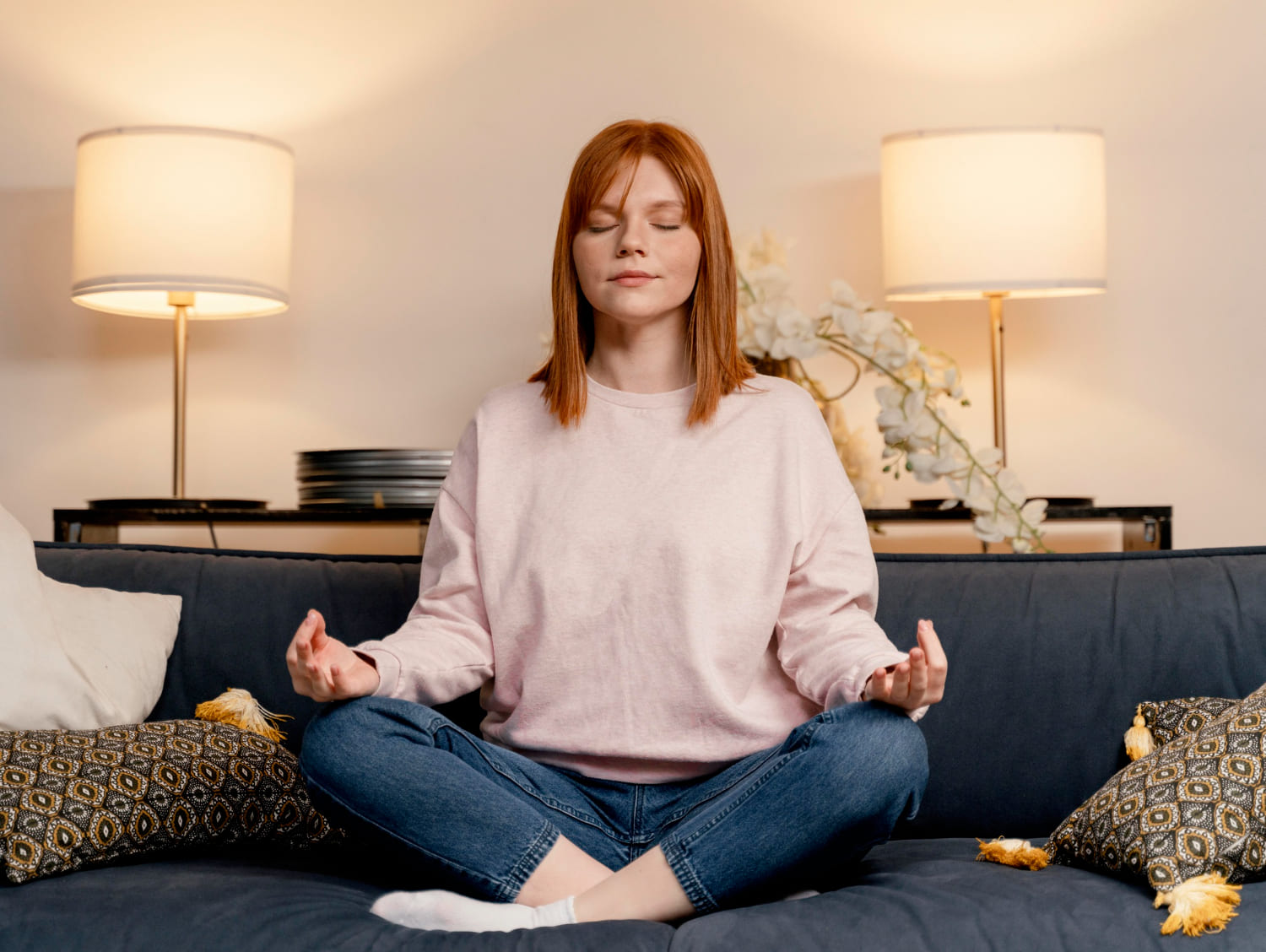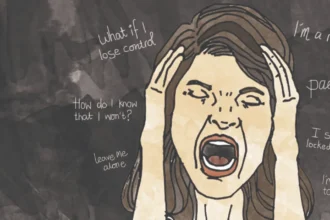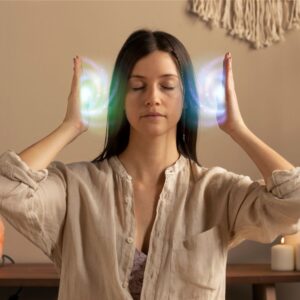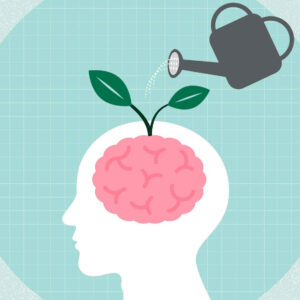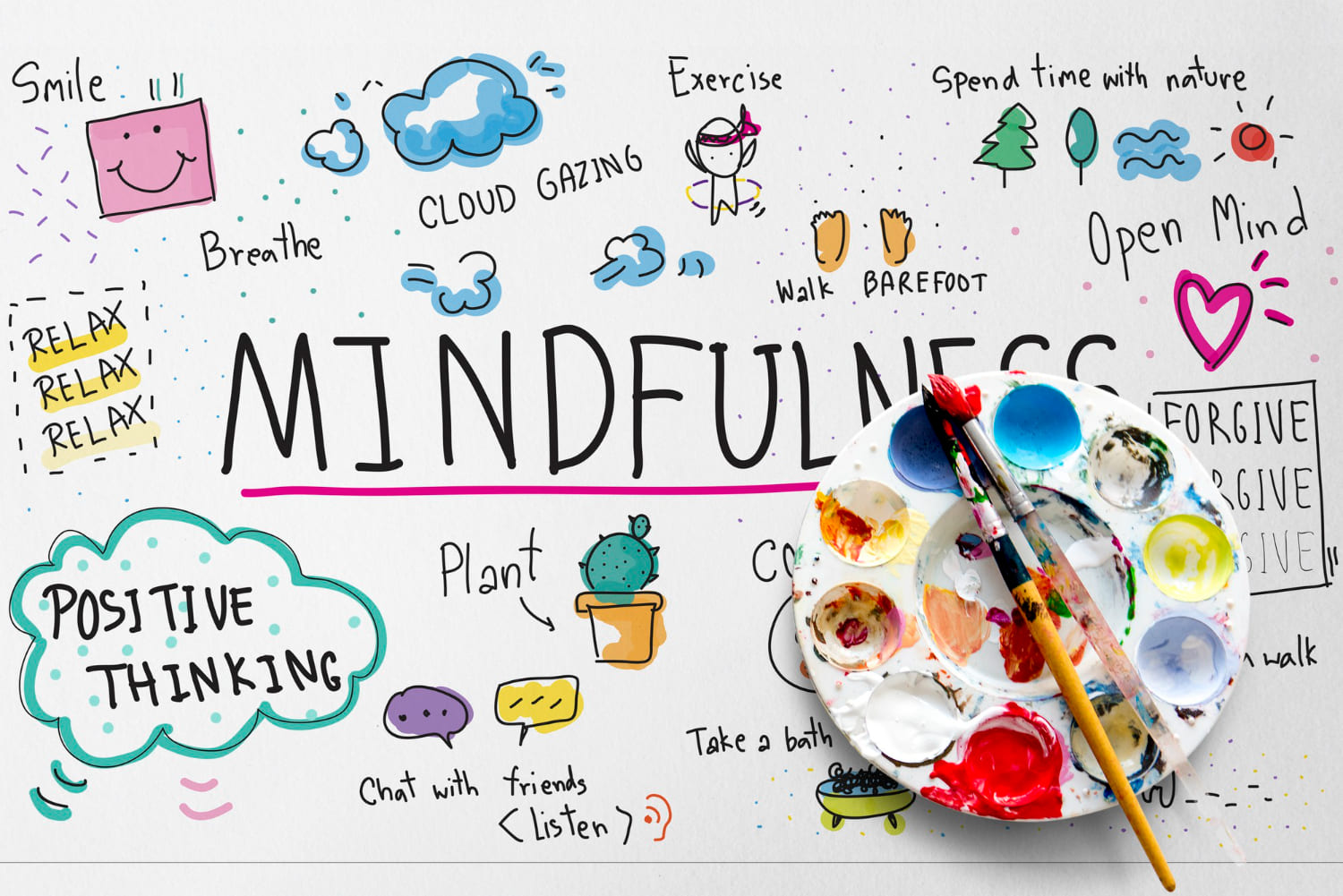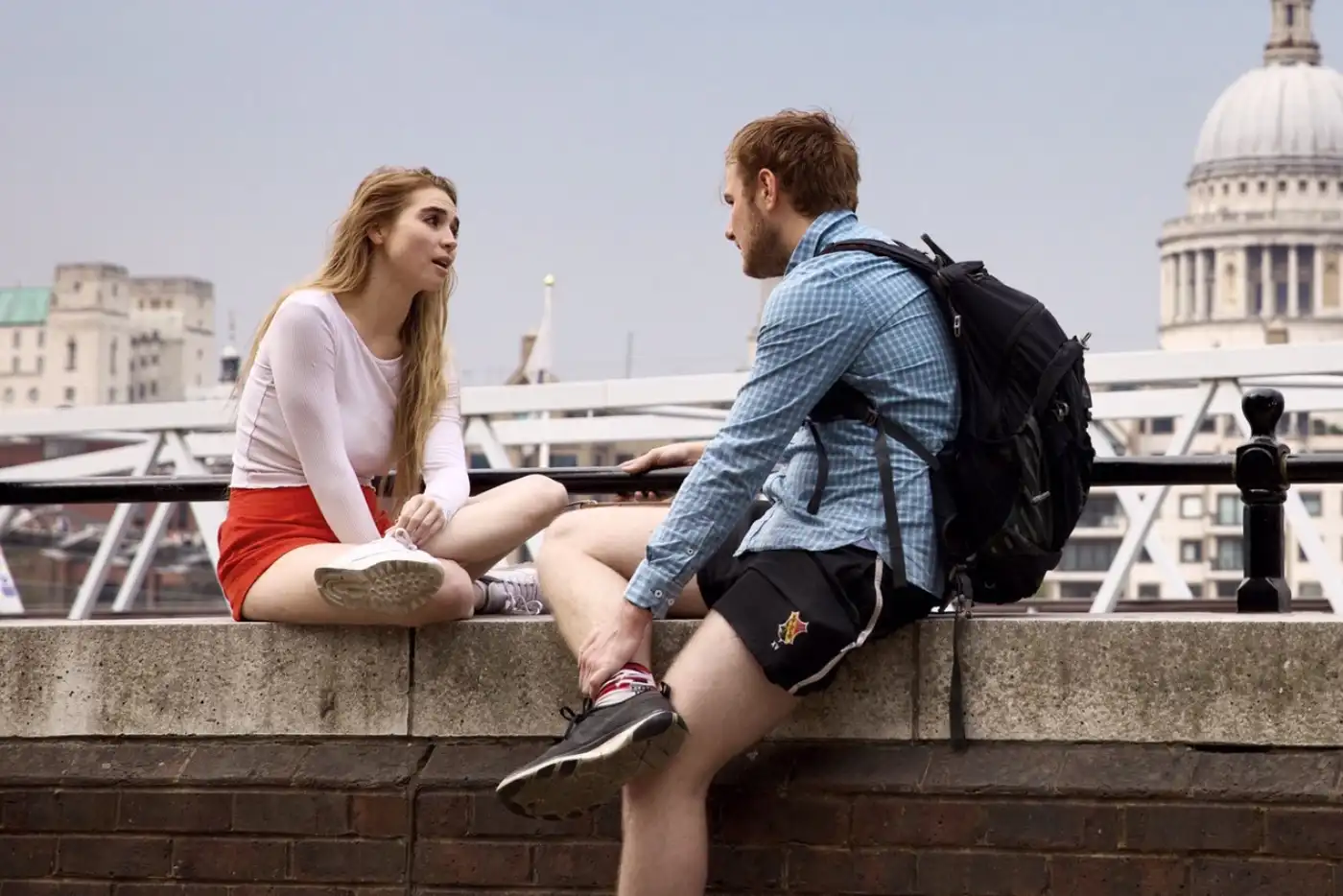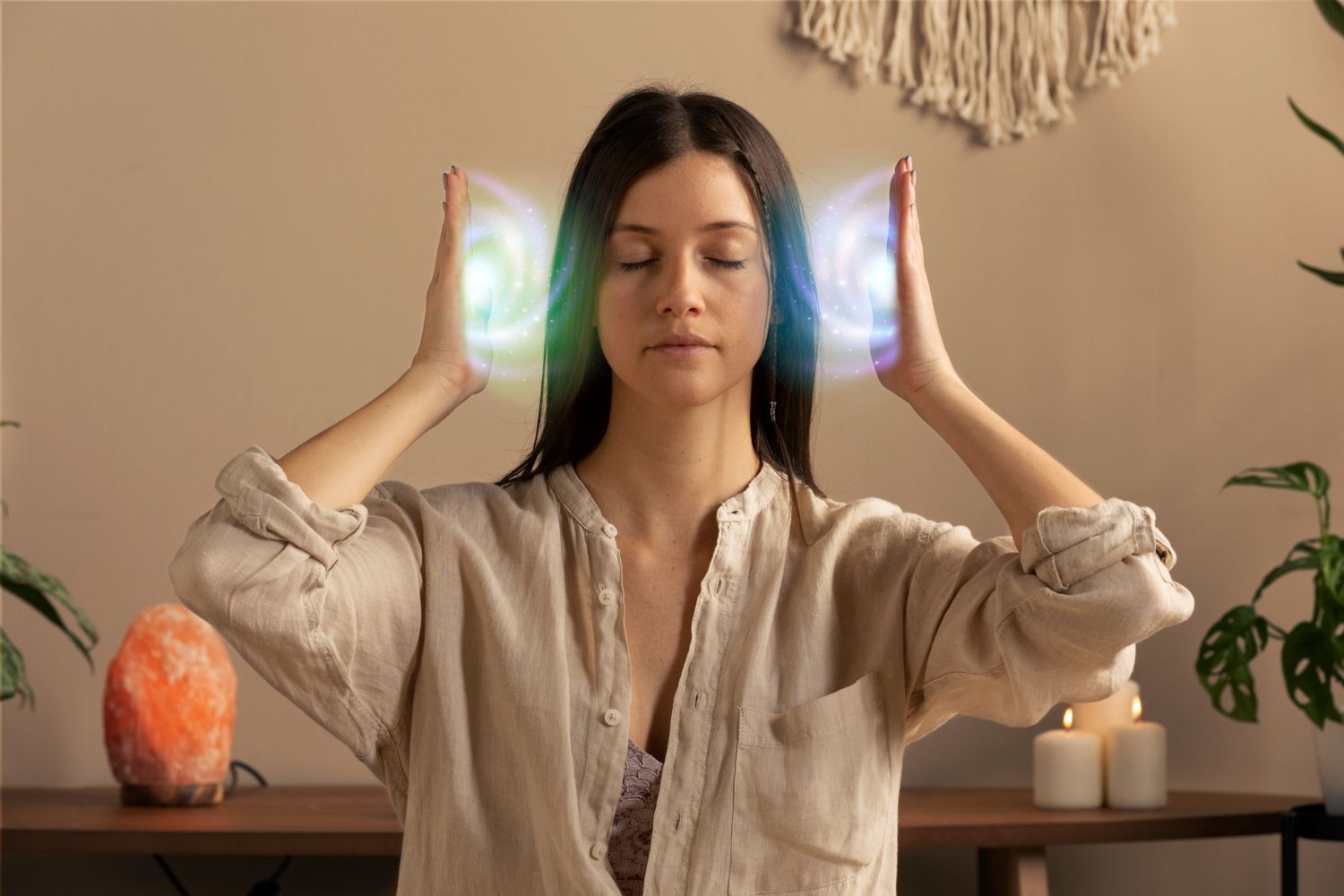In this blog post, we will delve into the concept of mental relaxation and explore its incredible benefits.
So, sit back, take a deep breath, and allow yourself to embrace a moment of respite from the chaos of the world.
Let’s uncover the secrets to achieving true mental relaxation and discover how it can transform your life for the better.
Definition of mental relaxation
Mental relaxation refers to a state in which the mind is calm and peaceful, free from stress, anxiety, and other negative emotions.
It involves reducing mental tension and allowing the mind to rest and recharge.
Mental relaxation techniques can include meditation, deep breathing exercises, visualization, progressive muscle relaxation, and other methods that promote a sense of calm and well-being.
Mental relaxation is often used as a way to manage stress, improve mental health, and increase overall feelings of relaxation and contentment.
Importance of mental relaxation in daily life
Mental relaxation is essential for maintaining good physical and mental health in daily life.
Here are some of the key reasons why
- Reduces stress and anxiety
- Improves sleep quality
- Boosts mood and well-being
- Increases productivity and focus Improves physical health
In summary, mental relaxation is essential for maintaining good physical and mental health in daily life.
By reducing stress, improving sleep quality, boosting mood and well-being, increasing productivity and focus, and improving physical health, mental relaxation can help to improve overall quality of life.
Understanding the Mind-Body Connection
The mind-body connection refers to the relationship between the mind and the body, and how they influence each other.
This connection is based on the idea that the mind and body are not separate entities, but rather they are interconnected and interdependent.
There are several ways in which the mind and body interact:
- Psychological factors can affect physical health:
- Negative emotions such as:
- stress
- anxiety
- and depression can have a negative impact on physical health, leading to an increased risk of heart disease, high blood pressure, and other health problems.
- Negative emotions such as:
- Physical factors can affect mental health:
- Physical health problems can also have a negative impact on mental health, leading to feelings of:
- anxiety
- depression
- and stress.
- Physical health problems can also have a negative impact on mental health, leading to feelings of:
- The placebo effect:
- The placebo effect is a well-known phenomenon in which a person experiences a positive health outcome simply because they believe that a treatment or intervention will work.
- This suggests that the mind can influence the body in a powerful way.
- The placebo effect is a well-known phenomenon in which a person experiences a positive health outcome simply because they believe that a treatment or intervention will work.
- Mind-body practices:
- Practices such as:
- meditation
- yoga
- and tai chi
- are based on the idea that the mind and body are interconnected, and that by promoting relaxation and reducing stress, these practices can improve both mental and physical health.
- Neuroscience:
- Advances in neuroscience have shown that the brain and body are interconnected, and that the mind has a powerful influence on the body’s physiological functions.
Understanding the mind-body connection can help us to take a more holistic approach to health and wellness.
By recognizing the ways in which our thoughts, emotions, and behaviors can affect our physical health, and vice versa, we can take steps to promote overall health and well-being.
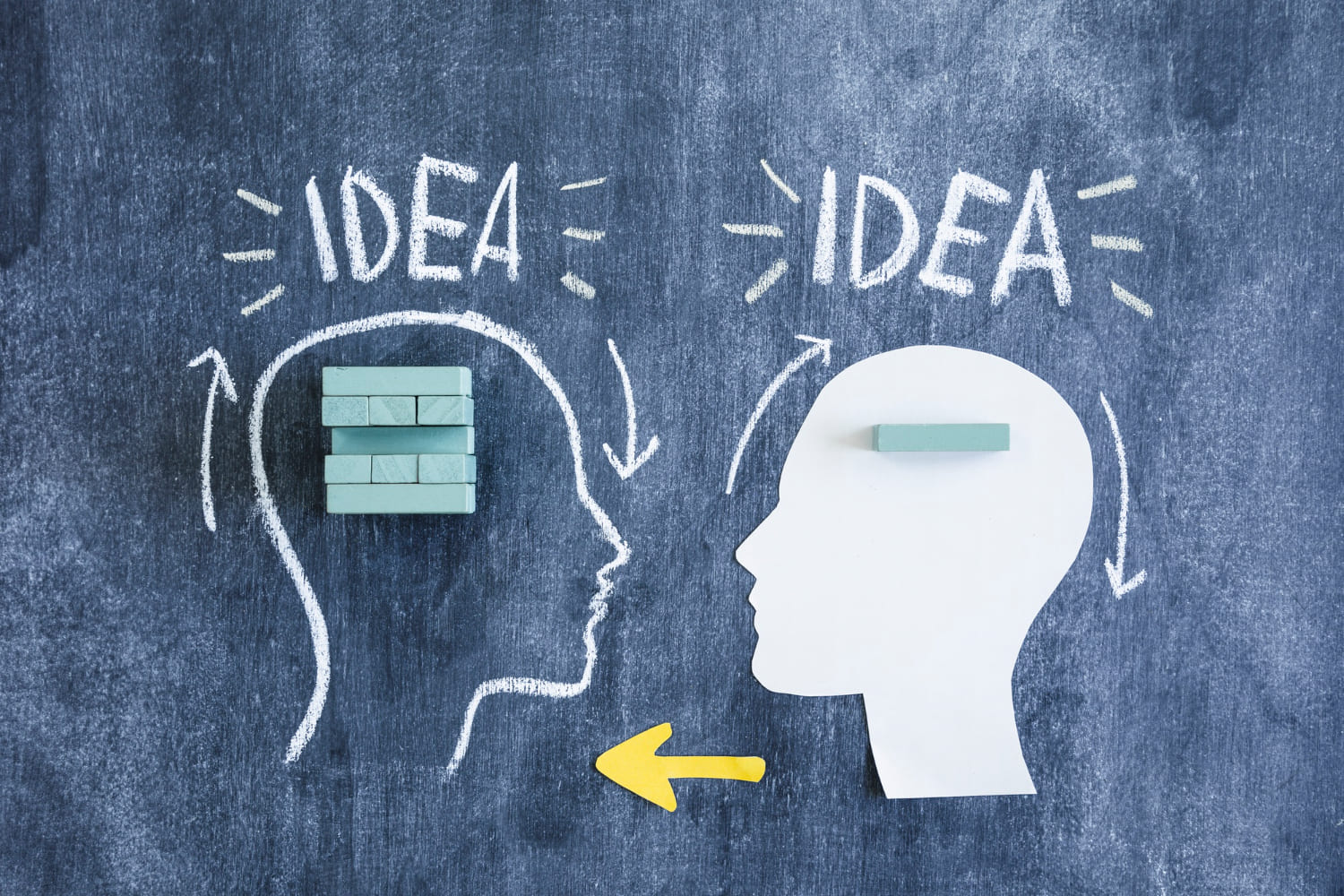
Common Mental Relaxation Techniques
There are many different mental relaxation techniques that can help to reduce stress, promote relaxation, and increase feelings of calm and well-being.
Here are some of the most common techniques:
- Meditation:
- Meditation involves focusing the mind on a specific object, thought, or activity, such as the breath or a mantra.
- Regular meditation practice can help to reduce stress, improve focus and concentration, and promote feelings of peace and well-being.
- Meditation involves focusing the mind on a specific object, thought, or activity, such as the breath or a mantra.
- Deep breathing:
- Deep breathing involves taking slow, deep breaths, focusing on the breath and the sensation of air moving in and out of the body.
- This can help to reduce tension and promote relaxation.
- Deep breathing involves taking slow, deep breaths, focusing on the breath and the sensation of air moving in and out of the body.
- Progressive muscle relaxation:
- This technique involves tensing and then relaxing different muscle groups in the body, one at a time.
- This can help to release physical tension and promote relaxation.
- This technique involves tensing and then relaxing different muscle groups in the body, one at a time.
- Visualization:
- Visualization involves imagining a peaceful, relaxing scene or situation, and focusing on the sensory details of that scene.
- This can help to promote relaxation and reduce stress.
- Visualization involves imagining a peaceful, relaxing scene or situation, and focusing on the sensory details of that scene.
- Yoga:
- Yoga is a mind-body practice that combines physical postures with breathing and meditation.
- Regular yoga practice can help to reduce stress, improve flexibility and strength, and promote overall health and well-being.
- Mindfulness:
- Mindfulness involves paying attention to the present moment, without judgment.
- This can help to reduce stress and anxiety, improve focus and concentration, and promote overall well-being.
- Mindfulness involves paying attention to the present moment, without judgment.
- Tai chi:
- Tai chi is a martial art that involves slow, gentle movements and deep breathing.
- Regular practice can help to reduce stress, improve balance and flexibility, and promote overall health and well-being.
- Tai chi is a martial art that involves slow, gentle movements and deep breathing.
These are just a few examples of the many mental relaxation techniques that can be beneficial for reducing stress and promoting relaxation.
It’s important to find a technique that resonates with you and fits into your lifestyle, and to practice regularly for best results.
Learn more: Mindfulness and the Brain: How it Affects Your Health
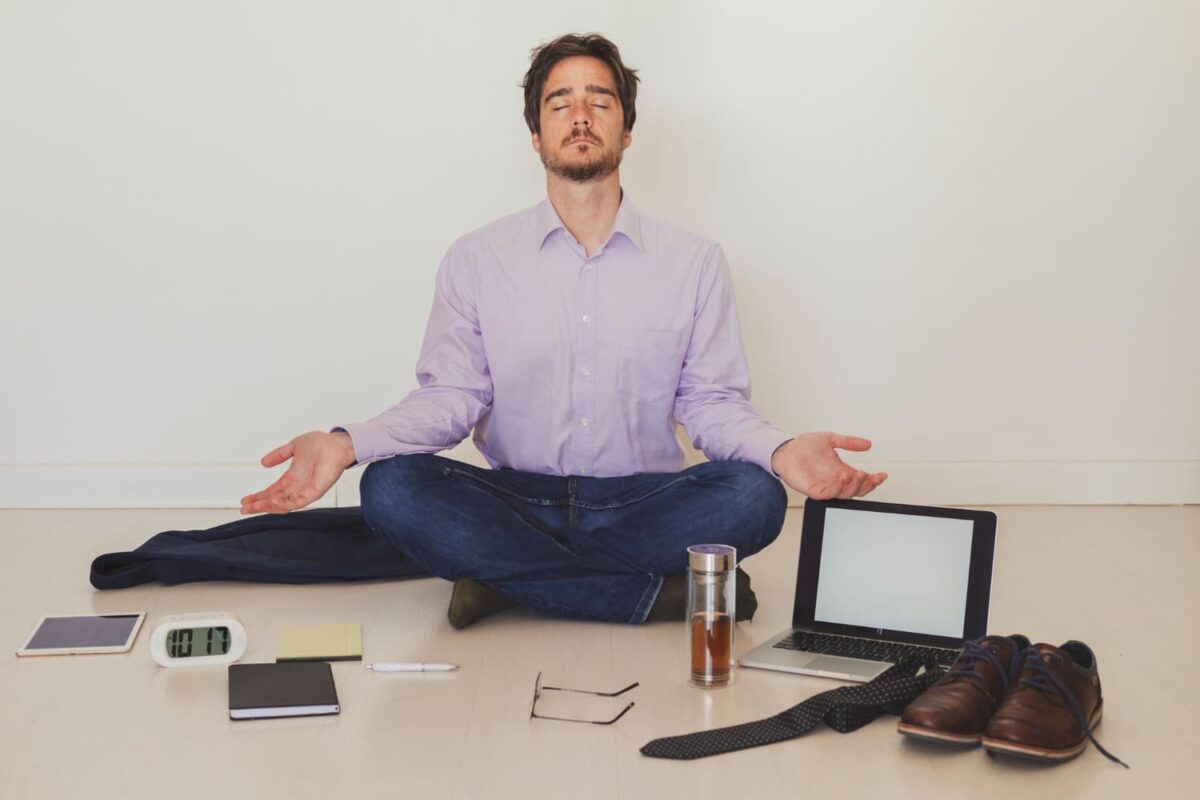
Creating a Relaxation Routine
Creating a relaxation routine can be a great way to incorporate mental relaxation techniques into your daily life.
Here are some steps to help you create a relaxation routine:
- Choose your techniques:
- Start by choosing the mental relaxation techniques that work best for you.
- Consider the different techniques discussed earlier, and choose one or more that resonate with you.
- Start by choosing the mental relaxation techniques that work best for you.
- Decide on a schedule:
- Decide how often you want to practice your relaxation routine, and at what time of day.
- It’s a good idea to start with a realistic schedule that you can stick to.
- Decide how often you want to practice your relaxation routine, and at what time of day.
- Find a quiet, comfortable space:
- Choose a quiet, comfortable space where you can practice your relaxation techniques without interruption.
- This could be a room in your house, a quiet outdoor space, or even a quiet corner of your workplace.
- Choose a quiet, comfortable space where you can practice your relaxation techniques without interruption.
- Set the mood:
- Create a relaxing environment by dimming the lights, playing calming music, lighting candles or incense, or using aromatherapy oils.
- Practice your techniques:
- Set aside time each day to practice your relaxation techniques.
- Start with just a few minutes each day, and gradually increase the amount of time as you become more comfortable with the techniques.
- Set aside time each day to practice your relaxation techniques.
- Experiment with different techniques:
- Don’t be afraid to try different techniques and find what works best for you.
- You may find that some techniques work better at certain times of day or in certain situations.
- Don’t be afraid to try different techniques and find what works best for you.
- Make it a habit:
- Consistency is key when it comes to creating a relaxation routine.
- Make it a habit by practicing your techniques at the same time each day, and by making it a priority in your daily routine.
- Consistency is key when it comes to creating a relaxation routine.
By creating a relaxation routine that works for you, you can incorporate mental relaxation techniques into your daily life and experience the many benefits of reduced stress, increased relaxation, and improved overall well-being.
Overcoming Challenges in Mental Relaxation
Mental relaxation is important for our overall well-being and can help us to reduce stress and anxiety, improve our mood, and enhance our productivity.
However, achieving mental relaxation can be challenging, especially in today’s fast-paced and demanding world.
Here are some strategies that can help you overcome challenges in mental relaxation:
- Practice mindfulness:
- Mindfulness is the practice of being fully present in the moment, without judgment.
- By focusing your attention on the present moment, you can reduce your stress and anxiety and increase your sense of calm and relaxation.
- You can practice mindfulness through meditation, yoga, or simply by taking a few minutes each day to focus on your breathing and observe your thoughts without judgment.
- By focusing your attention on the present moment, you can reduce your stress and anxiety and increase your sense of calm and relaxation.
- Mindfulness is the practice of being fully present in the moment, without judgment.
- Engage in physical exercise:
- Regular physical exercise is a great way to improve your mental health and reduce stress and anxiety.
- Exercise releases endorphins, which are natural mood-boosters, and can help you to feel more relaxed and calm.
- You don’t need to engage in intense exercise to reap the benefits – even a short walk or gentle yoga session can be helpful.
- Exercise releases endorphins, which are natural mood-boosters, and can help you to feel more relaxed and calm.
- Regular physical exercise is a great way to improve your mental health and reduce stress and anxiety.
- Set boundaries:
- One of the biggest challenges in achieving mental relaxation is the constant demands and distractions of modern life.
- To overcome this, it’s important to set boundaries and prioritize your mental health.
- One of the biggest challenges in achieving mental relaxation is the constant demands and distractions of modern life.
- Practice self-care:
- Self-care is any activity that you engage in to take care of your physical, mental, and emotional health.
- This might include things like taking a relaxing bath, reading a book, spending time in nature, or engaging in a creative activity.
- By prioritizing self-care, you can reduce your stress and anxiety and improve your overall well-being.
- This might include things like taking a relaxing bath, reading a book, spending time in nature, or engaging in a creative activity.
- Self-care is any activity that you engage in to take care of your physical, mental, and emotional health.
- Seek support:
- Sometimes, overcoming challenges in mental relaxation requires the support of others.
- Don’t be afraid to reach out to friends, family, or a mental health professional if you are struggling.
- Talking to someone about your challenges and getting support can help you to feel more relaxed and less overwhelmed.
- Don’t be afraid to reach out to friends, family, or a mental health professional if you are struggling.
- Sometimes, overcoming challenges in mental relaxation requires the support of others.
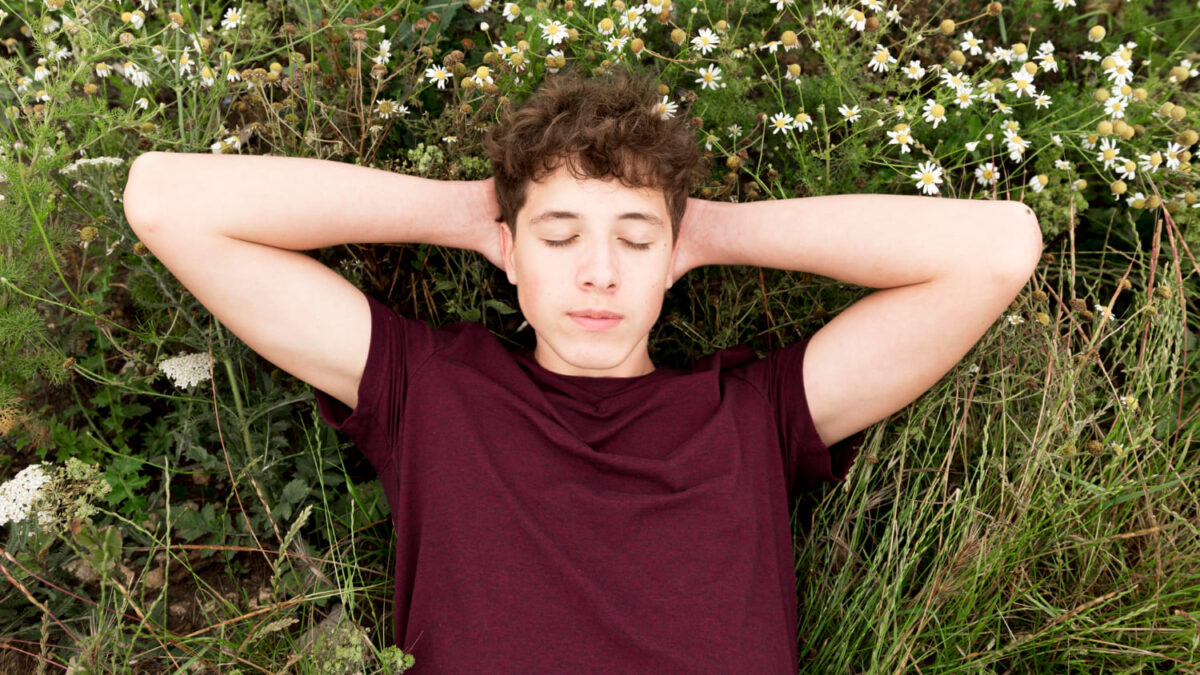
Conclusion
mental relaxation is an essential element for maintaining both physical and mental health.
Stress and anxiety can have negative impacts on our daily lives, making it crucial to engage in mental relaxation to improve our emotional and psychological well-being.
By utilizing effective strategies such as mindfulness, physical exercise, setting boundaries, self-care, and seeking support, anyone can achieve mental relaxation and enjoy a healthy and comfortable life.




